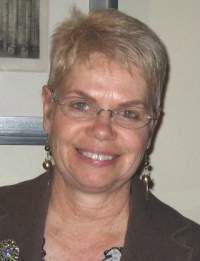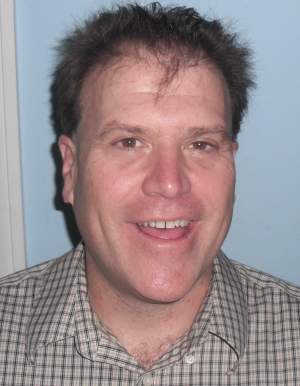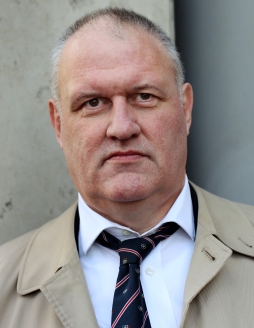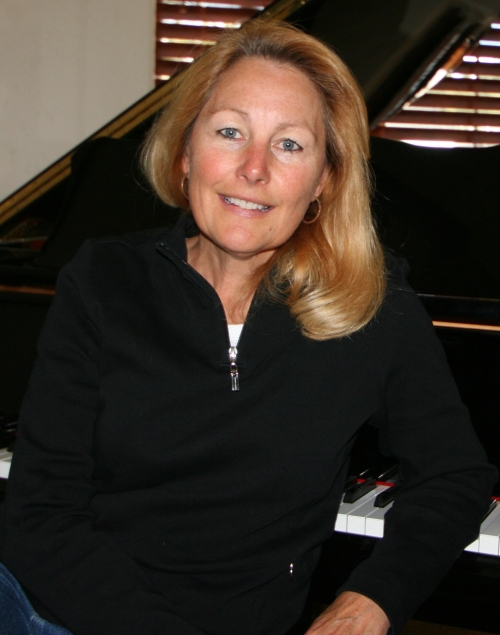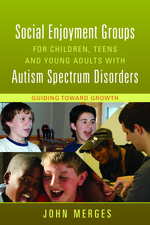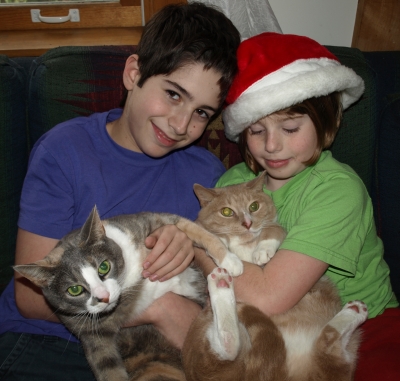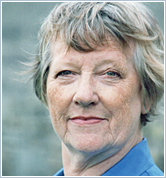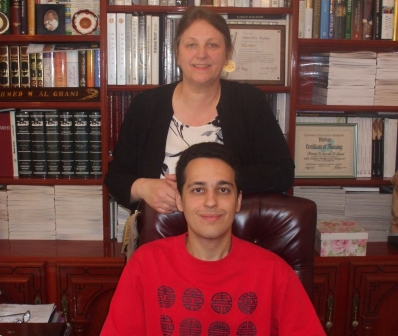Dramatherapy Approaches for People with Profound or Severe Multiple Disabilities – An Interview with Mary Booker
“I have so many memorable experiences of using Developmental Drama: Someone’s face full of laughter and sheer joy when their name is ‘drummed’ to a climax in the warm-up…The sudden, unexpected and totally right response to a new event in the story…A whole group of children with multi-sensory impairment huddled together, looking upwards in wonder at a new and bright ‘hole in the sky!’ It goes on and on. I am a very lucky person.”
